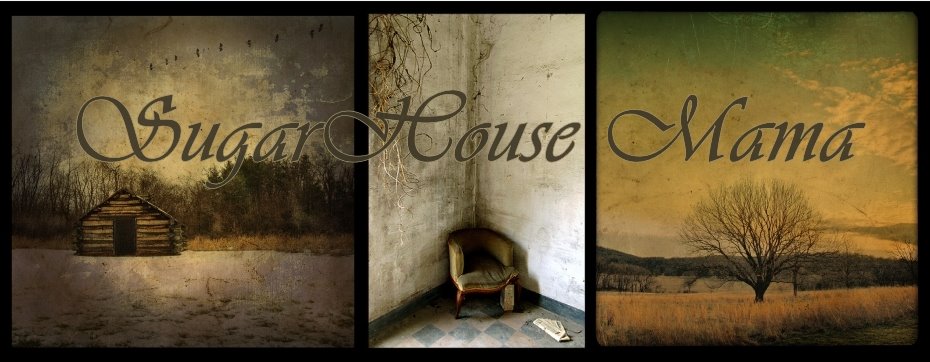 Just finished Water for Elephants. While I enjoyed the quick read, it didn't quite "do it" for me. The ending wasn't at all a surprise to me, so I guess it's a very good thing that the plot centered book was so fast-paced.
Just finished Water for Elephants. While I enjoyed the quick read, it didn't quite "do it" for me. The ending wasn't at all a surprise to me, so I guess it's a very good thing that the plot centered book was so fast-paced.Once again, I have been disappointed in the NYT's Bestseller's list. Honestly, I wonder sometimes if people have ever read anything that is truly great. I think most of the titles that make it to the NYT's list are simply there because the reader isn't asked to think or evaluate anything, and it was a fast, easy read.
Anyway, I'll start with what I liked. The author switches from young Jacob to old Jacob about every other chapter. I loved the way she handled "the outsider" theme in both. Young Jacob was certainly an outsider. He seems very uncomfortable with his position in the circus. While the circus is clearly divided between performers and workers (often at the expense of life), Jacob isn't really considered either. He's an ivy-league educated vet – a ‘working man’, yet society would naturally elevate him above many of the performers. At the nursing home, he doesn't really fit in either. He's (mostly) capable of taking care of himself. He's just old and neither he nor his family trusts his body to be reliable.
Jacob never really tries to fit in. He accepts what he is and just makes do. He's pretty good at bridging gaps.
The "freaks" was another interesting theme. In the circus Uncle Al loves and collects bonefide freaks. Natural oddities. It's a great revenue builder for him. At the nursing home, Jacob seems to consider himself a "freak." A natural oddity. His body fails and doesn't work correctly, and he doesn't recognize his gnarled, skinny hands, his sagging, liver spotted face, etc. The author uses somewhat grotesque language, through Jacob's voice, to physically describe the character. Even the treatment he receives from most of the staff and his family seem to allude to the fact that he is not "normal."
Illusion vs. reality, rivalry/jealousy, humanity vs. inhumanity, forgiveness, etc. were all themes I enjoyed.
While the dark side of the circus, especially during the depression era, was not particularly revelatory nor surprising, it seemed well researched and accurate.
I did not like that the characters lacked depth. Walter and, to some extent, Camel were the most developed, complex characters in the story. And even they were trite at times.
The caricature treatment of Jacob, Marlena, August, and Uncle Al made for a predictable plot and rote actions. The plot hangs on weak events. Rosie clearly forgives August for the merciless beatings, as Jacob finds her "purring" under August's doting charm; yet, her decision to kill him seems to be hinged on the moment he flicked a cigarette into the air and she caught it in her mouth. I can imagine that would hurt - but certainly no more than the beatings that tore her flesh. And it was a hapless moment - as opposed to the deliberate intent of the beatings. I suppose one could argue that this time Rosie saw August hit Marlena too; but, if that's the case, the author fails to highlight that moment like she did with the cigarette butt. So either way, I chalk it up to a failure in the writing.
Also, it still doesn't sit right with me that Rosie's murderous act and Jacob's concealment of it are treated lightly and remain unaccounted for. Jacob does say that the keeping of the secret made a difference, but it's a passing sentence and we don't see it or understand in the remotest way what depth it could hold. I'm wondering if Rosie is considered a heroine and her act goes unpunished because she is an animal. The story seems to make it very clear that she is intelligent and has an understanding that surpasses some of the humans in the story. (This is part of the humane vs. inhumane theme).
I'm not condoning August's actions. But I can't excuse killing someone without consequence either. A Thousand Splendid Suns takes a similar situation - a woman killing an abusive man to save another woman - yet Miriam is more heroic to me than Rosie. She saved someone else's life through the payment of her own – not just in taking someone else’s. There wasn't really anything particularly heroic in Rosie killing August. The lack of atonement for both Rosie and Jacob is glaringly lacking.






.jpg)


No comments:
Post a Comment